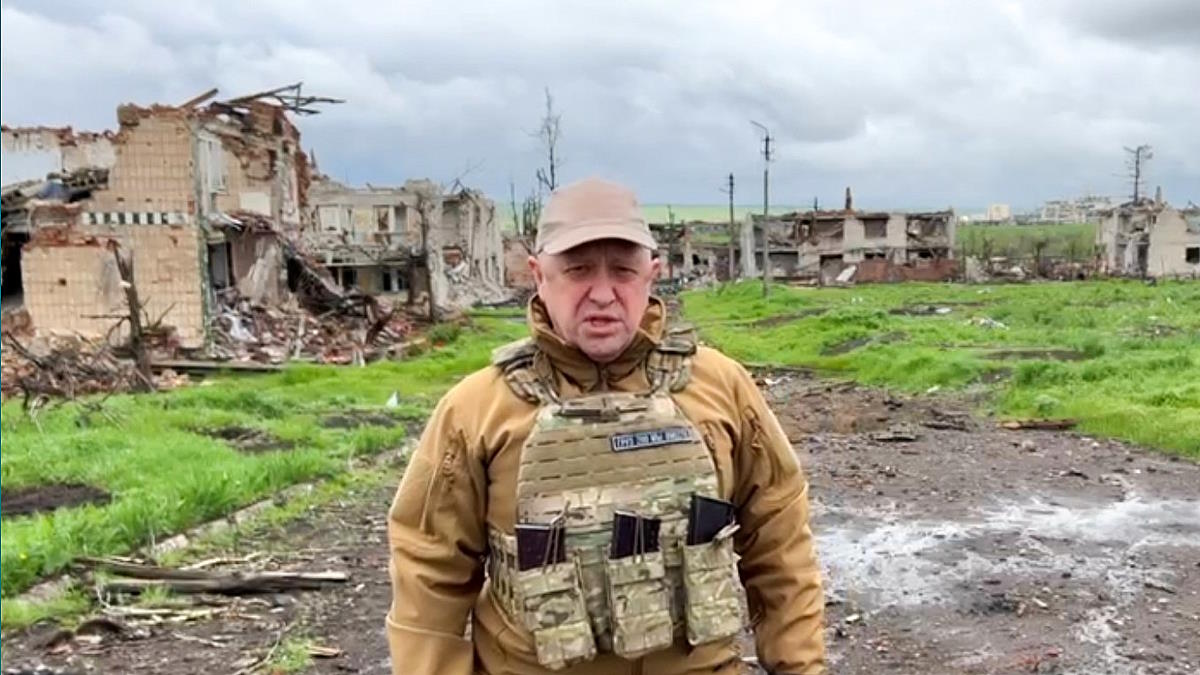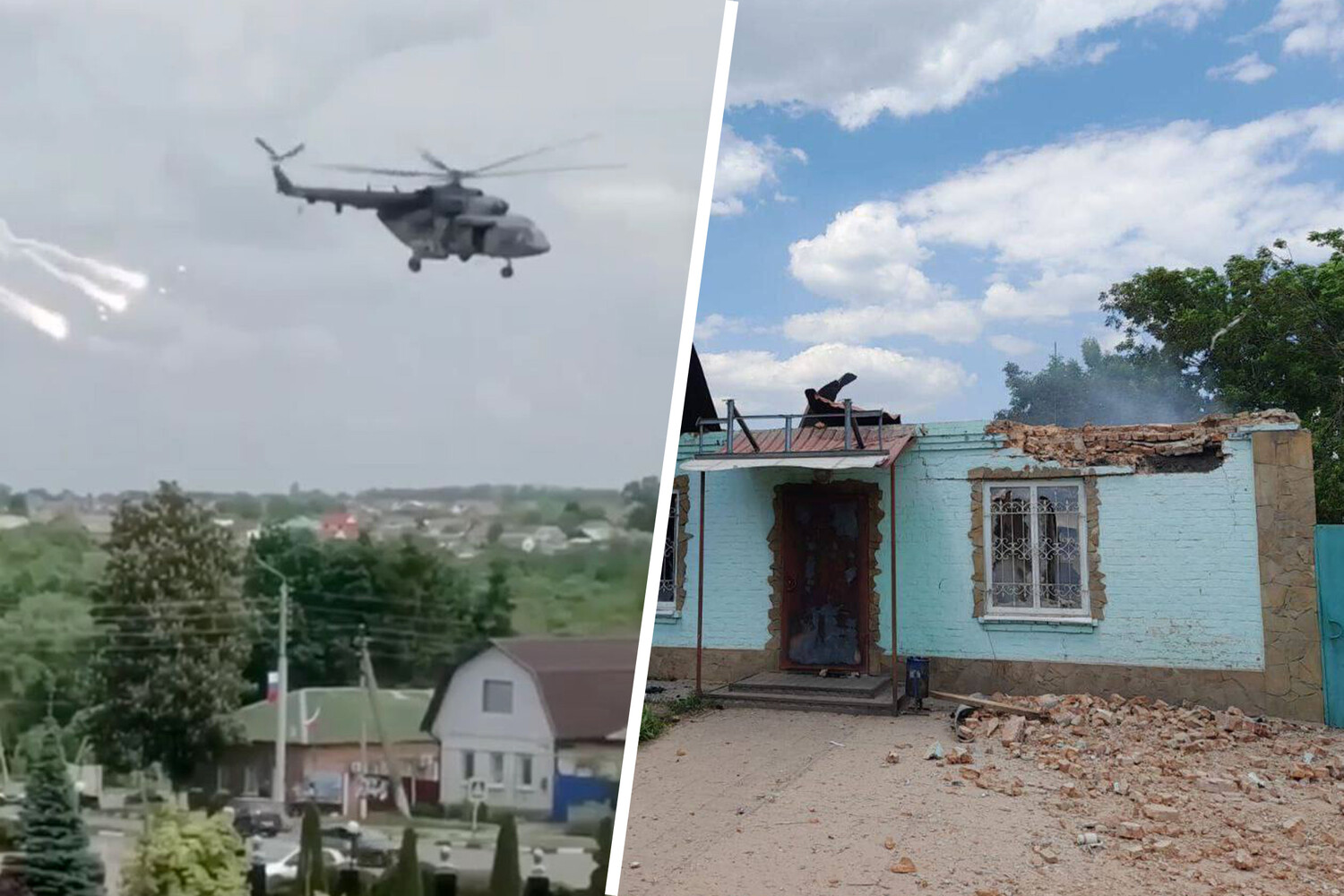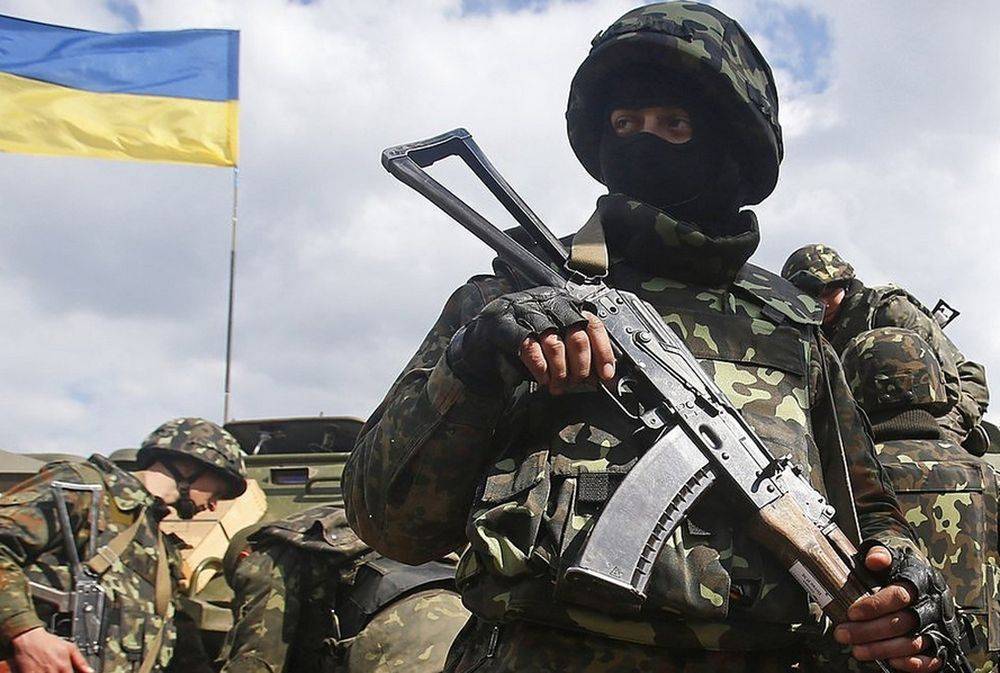In the volatile political landscape of Eastern Europe, one particular interview has drawn significant attention. Yevgeny Prigozhin, chief of the Wagner Group, a Russian private military company, shared striking insights about the ongoing conflict in Ukraine, lauding the prowess of both his mercenaries and the Ukrainian military. The remarks raise critical questions about the power dynamics in Eastern Europe, the efficacy of private military forces, and the changing tide in the Ukrainian conflict.
Wagner Group’s Dominance
Prigozhin claimed, “Wagner PMC is the best army in the world”, reflecting his belief in the formidable strength and efficiency of his mercenaries. The Wagner Group’s involvement in various conflict zones worldwide, from Syria and Libya to the Central African Republic, has earned it a reputation for ruthless efficiency. However, the group’s exact role in Ukraine remains somewhat shrouded in secrecy.

Over the weekend, the Wagner Group announced that they had achieved their objectives in eastern Ukraine and would withdraw from the frontlines, leaving the Russian Defense Ministry to continue the operations. This announcement indicates the group’s operational independence and ability to determine its own combat objectives, raising important questions about the limits and the potential risks of outsourcing warfare to private entities.
A Formidable Ukrainian Force
Prigozhin also acknowledged the fierce resistance of the Ukrainian army, especially in Bakhmut. His statement points towards the impressive resilience and strategic capabilities of the Ukrainian forces, despite facing a far larger and more heavily equipped adversary. He noted the high level of organization, training, and intelligence capabilities of the Ukrainian forces, saying they “can operate any military system with equal success, a Soviet or a NATO one.”
The Ukrainian military’s ability to effectively utilize a diverse range of military systems is noteworthy, demonstrating their adaptability and increasing sophistication. It also underscores the international nature of the conflict, with both Soviet and NATO influence visible in the weapons and tactics employed.
Incursions in Belgorod
When questioned about recent cross-border incursions into Belgorod, allegedly conducted by anti-Putin Russians, Prigozhin lamented the readiness of Russian defense forces to resist these groups, stating they are “absolutely not ready.” This statement could suggest potential fissures within Russian society and its military structure, exposing a vulnerable flank that could be exploited by internal or external adversaries.

Implications and Analysis
Prigozhin’s comments reveal a complex web of military and political maneuvers. They highlight the strength of non-state actors like the Wagner Group and their increasing prominence in geopolitical conflicts. The rise of private military companies represents a significant shift in warfare, where traditional state forces may no longer hold a monopoly on military power.
Simultaneously, the comments underline the resilience of the Ukrainian military, offering a testament to their determination and skill in a David-versus-Goliath type conflict. Their continued resistance could significantly affect the strategic calculus of the Russian government and its military proxies, potentially leading to a reassessment of their strategy in the region.
The alleged incursions in Belgorod, coupled with Prigozhin’s assertion of the unpreparedness of Russian defense forces, might indicate brewing internal unrest. This unrest could destabilize Russia’s political structure, providing a new challenge for Putin’s administration to navigate.
In conclusion, Prigozhin’s revelations offer a tantalizing glimpse into the shifting power dynamics of the ongoing Ukrainian conflict. As the Wagner Group prepares to step back, and with a resilient Ukrainian army holding its ground, the world will closely watch how the situation evolves in this complex theater of conflict.
©world-news.biz
